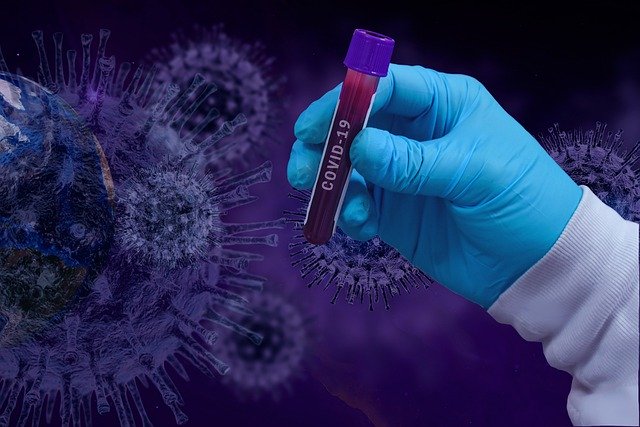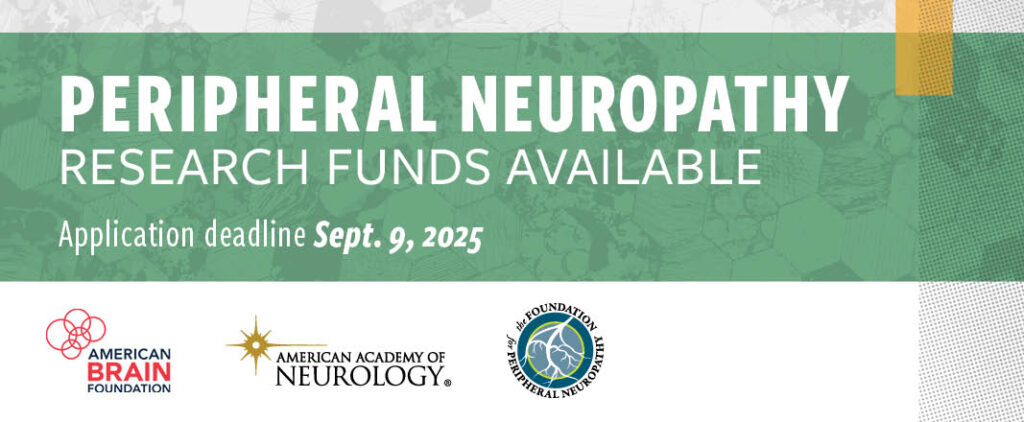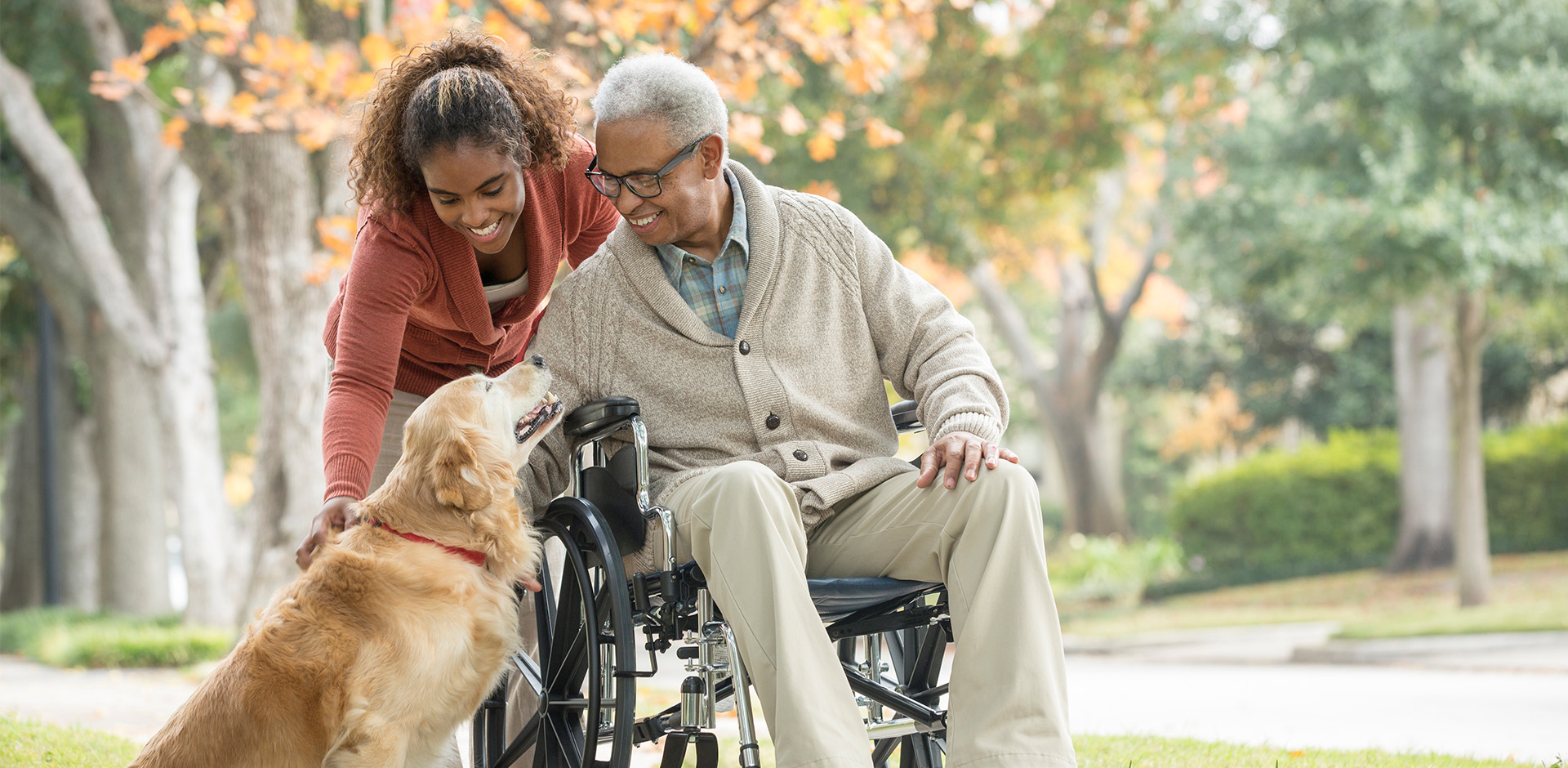Ask The Expert: Peripheral Neuropathy and COVID-19
Earlier this week, the Foundation for Peripheral Neuropathy‘s Executive Director, Lindsay Colbert, sat down with its Scientific Advisory Board Chairman, Dr. Ahmet Höke, MD, PhD, to learn more about COVID-19 and its impact on peripheral neuropathy patients. We confirmed that people with peripheral neuropathy are not at an increased risk of being infected with COVID-19, but it still is important to take precautions.
Here is what we learned about the Coronavirus and its impact on our patient population:
FPN: What types of Peripheral Neuropathy are most affected by COVID-19, if any?
Dr. Höke: There are no specific issues with Covid-19 for the majority of patients with peripheral neuropathy. However, there are rare case reports of patients with Covid-19 developing Guillain-Barre Syndrome, which can develop after many respiratory infections, including influenza.
FPN: Are neurologists encouraging remote visits with their PN patients during quarantine, especially for high risk individuals?
Dr. Höke: Yes, I have been doing remote visits with my patients at Johns Hopkins University. We can hear their complaints, get an update on how they are doing with the regards to neuropathic pain, and make adjustments to their medications.
FPN: Is research on PN still progressing during quarantine?
Dr. Höke: Unfortunately, no. Almost all basic and clinical research that is not directly related to Covid-19 is on hold.
FPN: What would you like patients and their caregivers to know about during this pandemic?
Dr. Höke: First, stay safe and exercise social distancing. Stay active and try to continue to eat well, with a balanced diet. Exercise regularly. There are also many free online sources for yoga, pilates, Tai Chi etc. that patients with PN can do at home with minimal or no equipment.
On behalf of the Foundation, thank you, Dr. Höke, for your time and expertise!
For additional information, we encourage you to visit other timely resources concerning this pandemic, including the Johns Hopkins COVID-19 Dashboard, the COVID-19 page by the Centers for Disease Control and Prevention, and the National Institutes of Health page on the Coronavirus.
Have other questions that weren’t answered here?
Contact us at [email protected] and we will try our best to get those answers to you. Stay safe!






